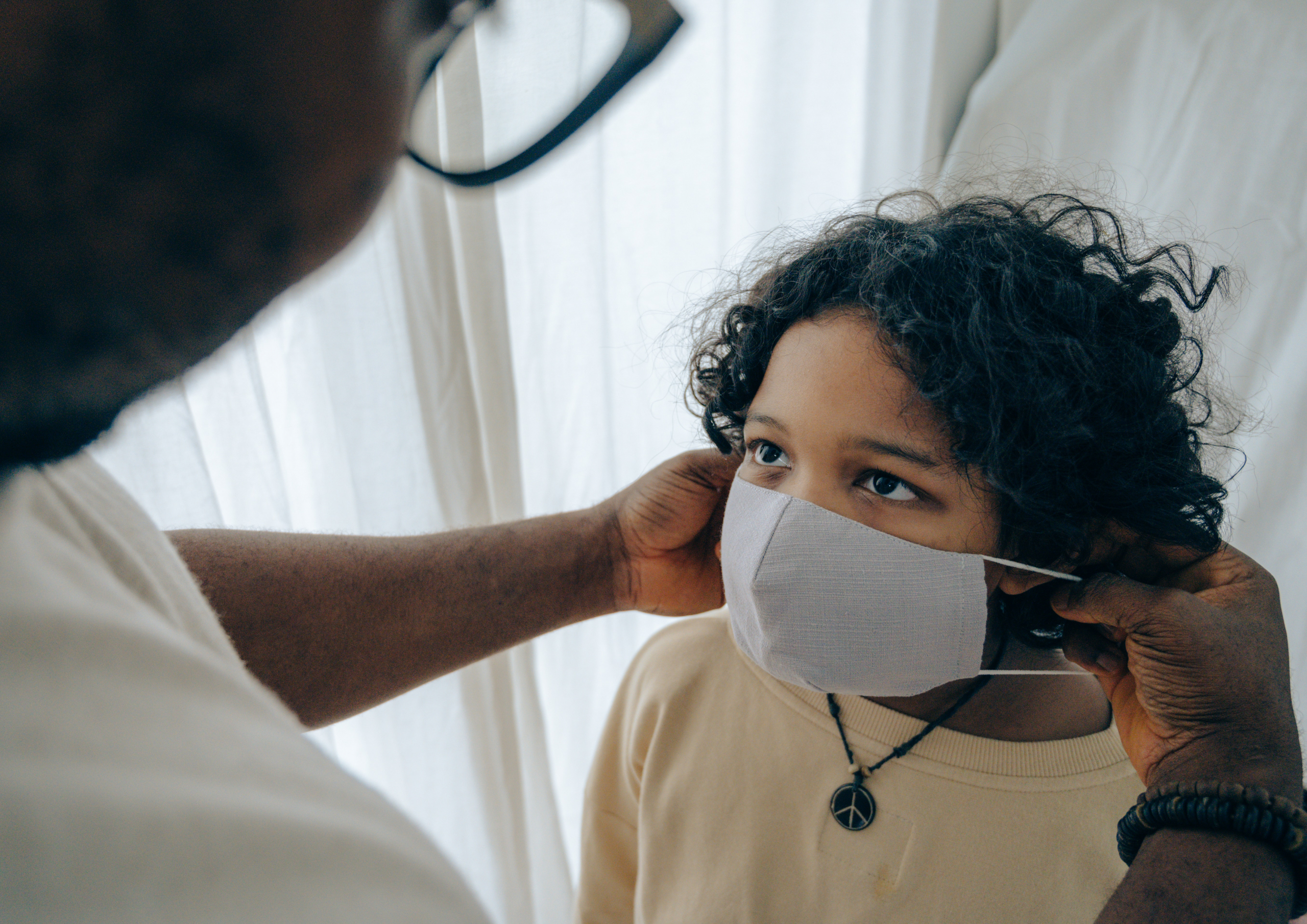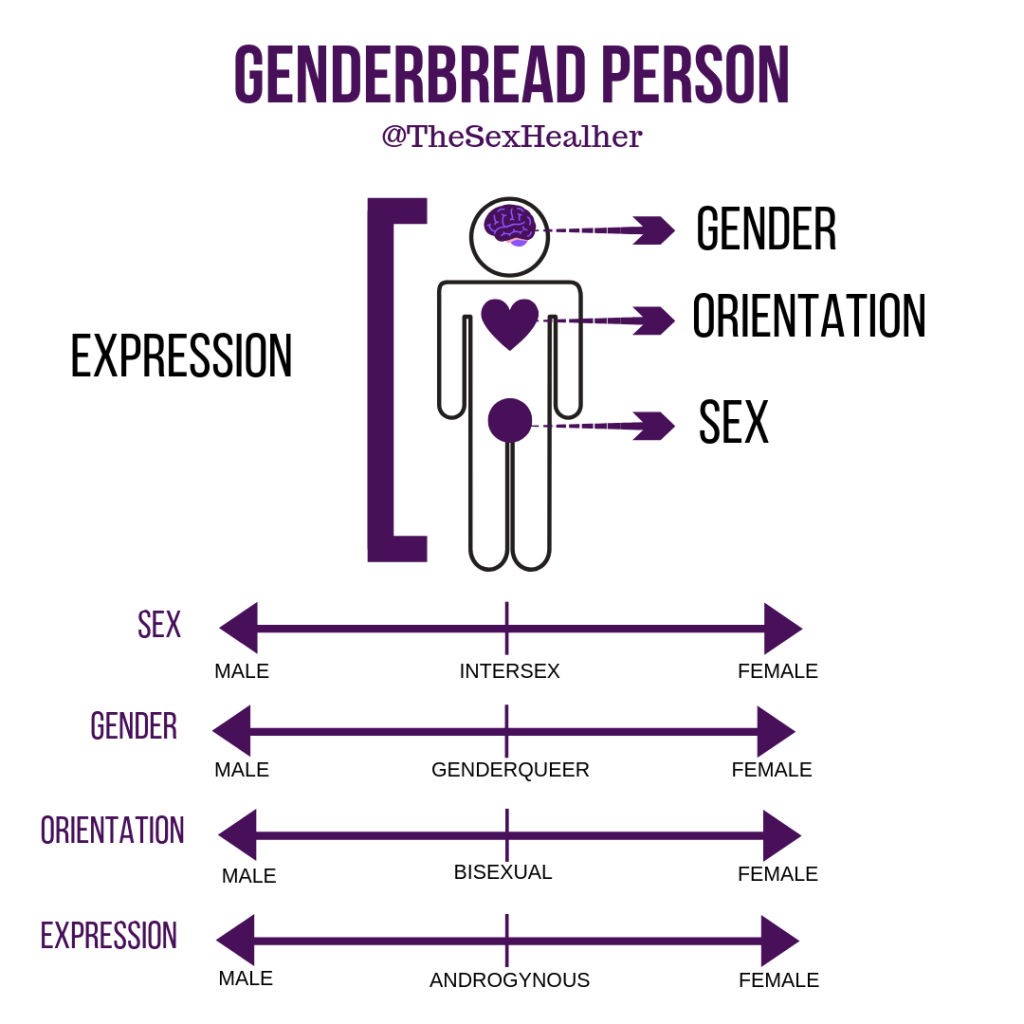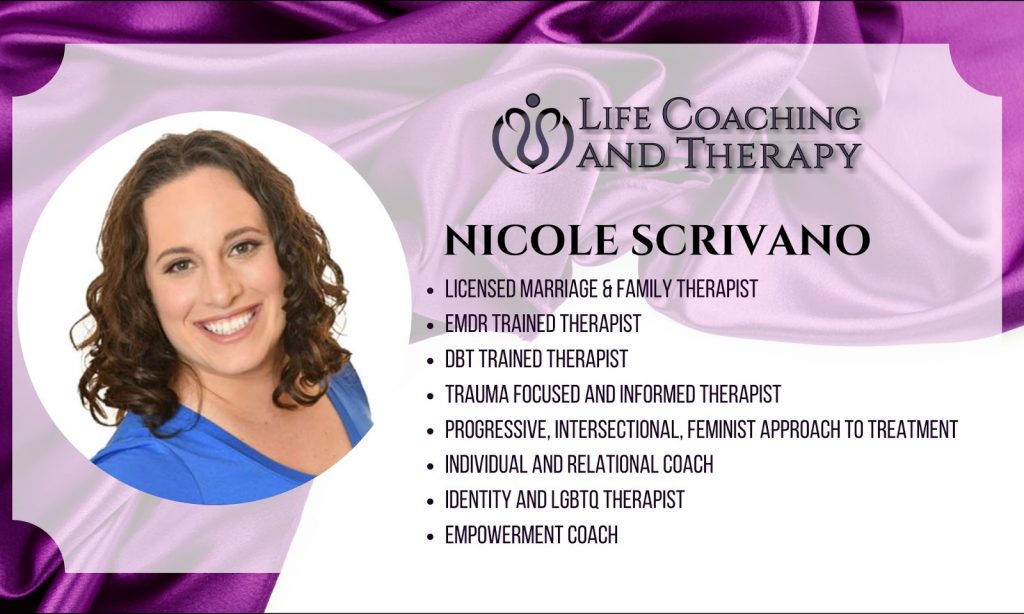What to Do When You Think Your Life Sucks?
What to Do When You Think Your Life Sucks?
Today, we are explaining how we help clients when they say “my life sucks”.
Life sucks is a common thing heard in sessions these days and clients often ask us “why does my life suck,” in hopes that they can shift their life around.
Life Sucks in a Pandemic
First off, we are living in a pandemic that has turned our world and our way of living upside down.
That is a legit piece of why “life sucks” right now.
As humans, we are wired to NEED connection. The pandemic has created shifts in how we get connection and the way we can access closeness with others.
Additionally, the pandemic has increased loss globally.
There has been a massive loss of life, health, connection to others, employment, and even privacy. This is because many are stuck in their homes with the same people for over a year now.
Loss and grief have continued to become a more prominent part of our day-to-day lives, and that has certainly impacted why you may think your life sucks right now.
The pandemic has caused many of us to feel hopelessness, disconnected, under-resourced – emotionally, physically and financially – and fearful. These feelings have contributed to increased rates of depression, anxiety, and other mental health issues.
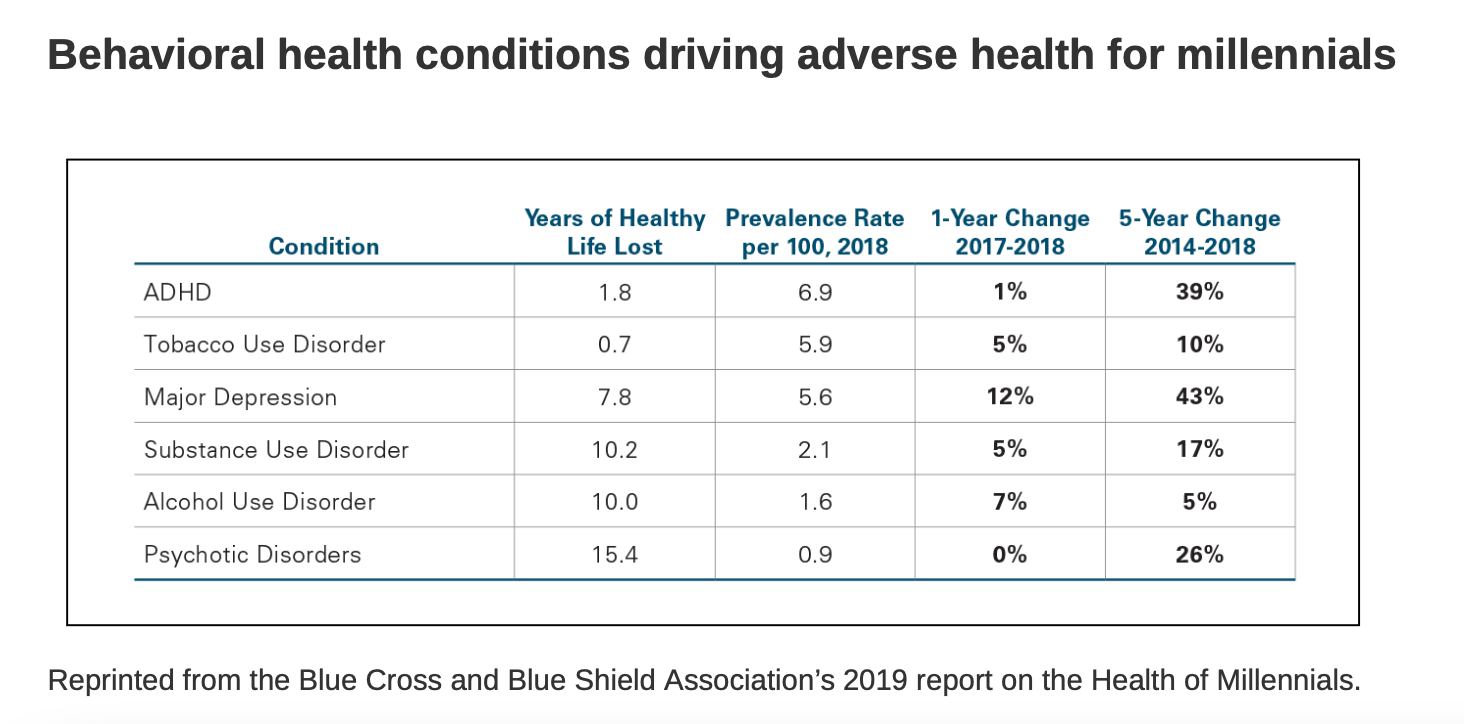
Taking a look at the above chart, we see mental health rates were on the incline for millennials prior to the pandemic hitting. Now, imagine a crisis where most providers are at capacity for taking new patients.
Individuals are needing more and more certainty in their lives, because the pandemic has increased the amount of uncertainty in our households, communities, country, and world.
Creating Certainty in Uncertain Times
Outside of the pandemic, I encourage people to focus on what they can control and ways that they can create certainty.
Although it is incredibly important to look at the contextual and systemic factors at play, it is vital for each to reflect on accountability and ways that you yourself are contributing to why your life sucks.
It is critical to empower ourselves to address what we can change rather than focusing on what we cannot.
Parts of the “suckage” are within our control and require us to focus on the things we can create certainty in – what we can control vs. what we cannot control.
Similarly, taking a cue from the serenity prayer, individuals must recognize the difference of what they can and cannot change.
Many clients are working hard to find ways to empower themselves in what they can do to help create more certainty in their lives.
Here are some strategies to consider:
- Acknowledge your feelings and recognize WHAT you are feeling. When we ignore our feelings, it does not help in the long run.
- Notice your most common thoughts. If you are constantly thinking negatively or focusing on things you cannot control,you are depleting yourself of valuable energy..
- Shift negative thoughts. To be clear, it is shifting the WAY or the PROCESS of the message or way that you are thinking, rather than DISMISSING those thoughts.
- Take APPROPRIATE responsibility. . Recognize what piece of the circumstances are yours to own. I work with so many people who take on MORE responsibility than is appropriate and also have seen people deflect responsibility completely. RECOGNIZE the difference and be fair to yourself and to others.
- Create something. For some, that is through building, painting, art, gardening, etc. For others, it is creating certainty and predictable structure (including meals or bedtimes). Create community or connection! When we focus on creating we are OPENING our mind to new possibilities and building ways for us to feel empowered.
- Focus on that which is in your control.We can only control ourselves, our reactions, and the way we do things. You do not have control over the pandemic, your partner,and to some extent your kids, etc. When we focus on controlling things outside of ourselves it creates POWERLESSNESS, because we cannot control others. Focus on what you can do, which is empowering.
- Find the good, find the beauty, find the pleasure in your life. In our group practice, we share each day on a group chat something that brought us pleasure. For some it is about connection, others it is about love or sex. It can be something simple, or something huge, but whatever it is, sharing openly has created a pleasure-centered culture in our practice of self care..
Instead of asking yourself why your life sucks, find ways to empower yourself.
Find a voice and ways to connect. Also find ways to grow and ways to create. Find ways to love yourself and others. Find ways to build mastery.
When you try to attend to your underlying needs, life sucks a little less each day. Does this solve all the suckage? No. Will it help if you are willing? Absolutely.
LCAT can help you transform your problems and start experiencing a pleasure centered, self accountable, empowering life.
Life Coaching and Therapy (LCAT) is a relationship coaching and sex therapy practice that transforms our clients lives through our flexible, multi-technique approach and pleasure-skills training provided by systemically-trained and licensed therapists!
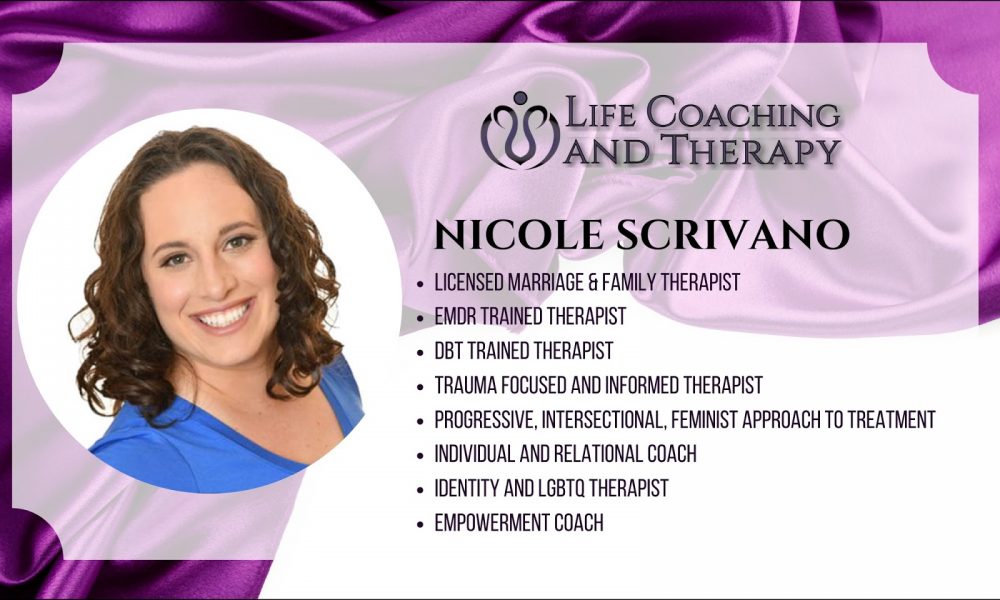
Our team of compassionate, licensed therapists and certified sex therapists help Millennials and Baby Boomers alike who visit us for a variety of relationship, intimacy and sex problems.
LCAT provides on-site appointments, as well as video chat and text therapy programs.
Learn more about how LCAT can help improve your life at What We Do.





 Get to know our founder and owner, Amanda Pasciucco, (a.k.a. The Sex Healer) PhD, Licensed Marriage and Family Therapist (LMFT), and an AASECT Certified Sex Therapist (CST) that has developed innovative therapy programs and therapy videos that get results.
Get to know our founder and owner, Amanda Pasciucco, (a.k.a. The Sex Healer) PhD, Licensed Marriage and Family Therapist (LMFT), and an AASECT Certified Sex Therapist (CST) that has developed innovative therapy programs and therapy videos that get results.















